The U.S. Treasury Department on Wednesday imposed sweeping sanctions on Iranian oil tycoon Mohammad Hossein Shamkhani and a vast network of individuals and vessels linked to his shipping operations. The move, described by the Trump administration as the largest Iran sanctions action since 2018, aims to sever a key financial artery for both Tehran and Moscow.
Shamkhani—son of a top adviser to Iran’s Supreme Leader Ayatollah Ali Khamenei—is accused of orchestrating a shipping operation that facilitated the transport of Iranian and Russian oil, generating “tens of billions of dollars in profit,” according to the Treasury. More than 50 individuals and vessels associated with the network are now subject to asset freezes and barred from using the U.S. financial system.
Though U.S. officials acknowledged that the sanctioned network plays a major role in Russia’s covert “shadow fleet” of oil tankers, the administration emphasized its focus on Tehran. “We are not going to allow Tehran to secure the funds it needs to advance its dangerous weapons programs and further its destabilizing agenda,” said Deputy Treasury Secretary Michael Faulkender.
The sanctions come amid heightened tensions in the Middle East, following recent U.S. and Israeli strikes on Iranian nuclear facilities. While President Donald Trump has claimed the Iranian nuclear program has been “obliterated,” intelligence reports indicate that some facilities remain operational and could resume uranium enrichment in the near future.
The European Union sanctioned Shamkhani earlier this month for his central role in helping Russia circumvent oil restrictions imposed over its war in Ukraine. EU documents described Shamkhani as “a central player in Russia’s so-called ‘shadow fleet,’” which helps Moscow avoid Western oil price caps and export bans.
Yet U.S. officials have downplayed that connection in public briefings. A senior Treasury official, speaking anonymously to reporters, said the Iran link deserves greater scrutiny. “Industry and a lot of the public is already aware of the risks that come from dealing with this network in the Russia space,” the official said. “What they aren’t tracking necessarily as fully is the Iran-related connection.”
The Biden administration previously adopted a more targeted approach to Iran sanctions. Wednesday’s actions mark a return to the broader “maximum pressure” campaign initiated under Trump during his first term.
On Tuesday, Trump issued a warning to Moscow, giving Russia 10 days to broker a ceasefire in Ukraine or face additional U.S. sanctions.

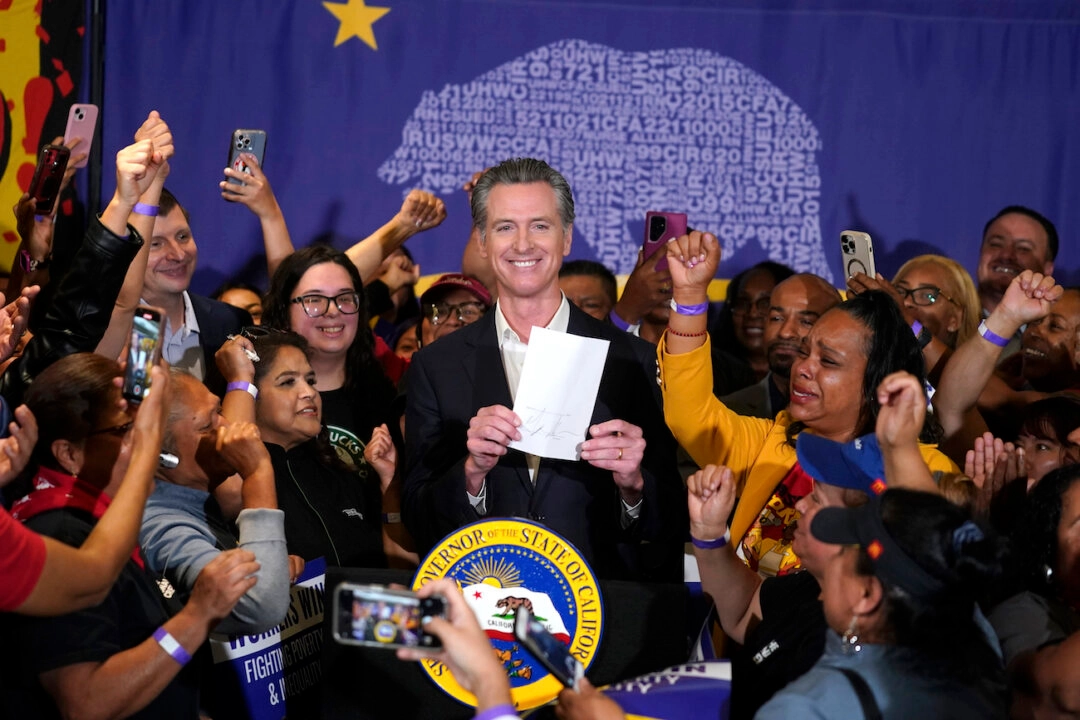


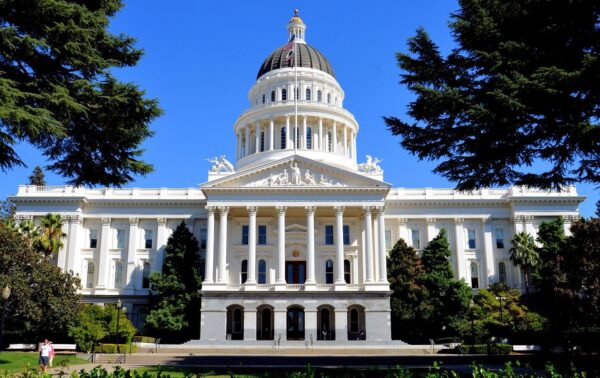



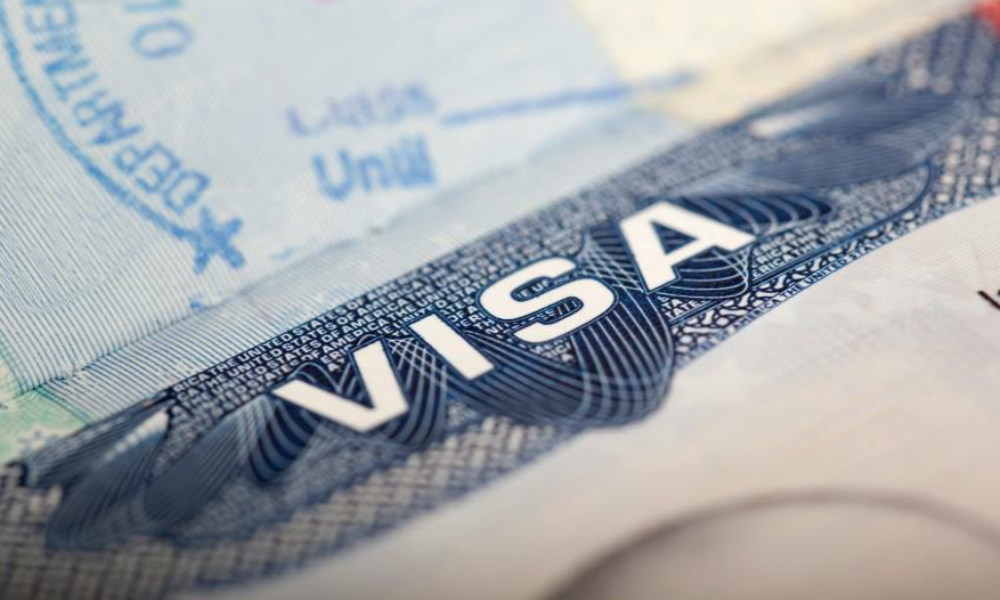
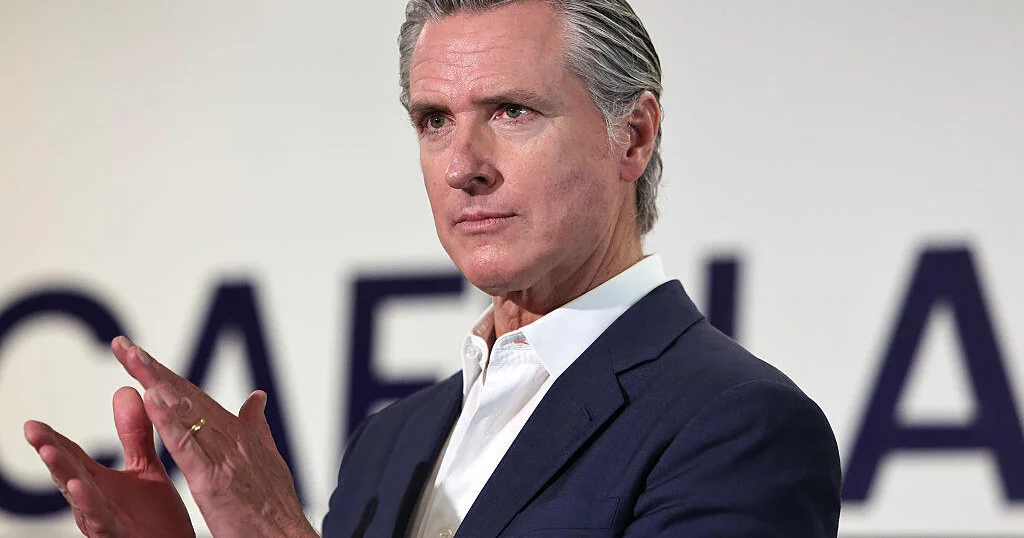
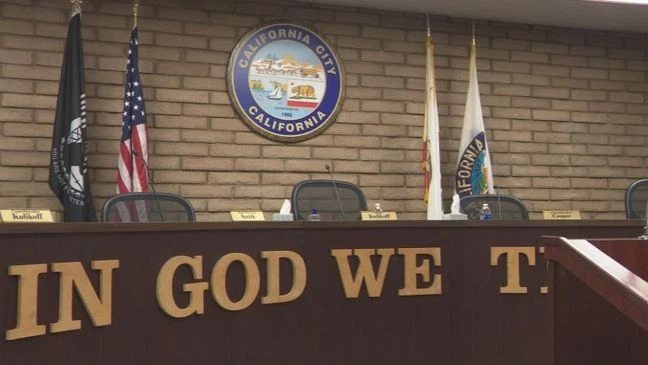




Leave a Reply